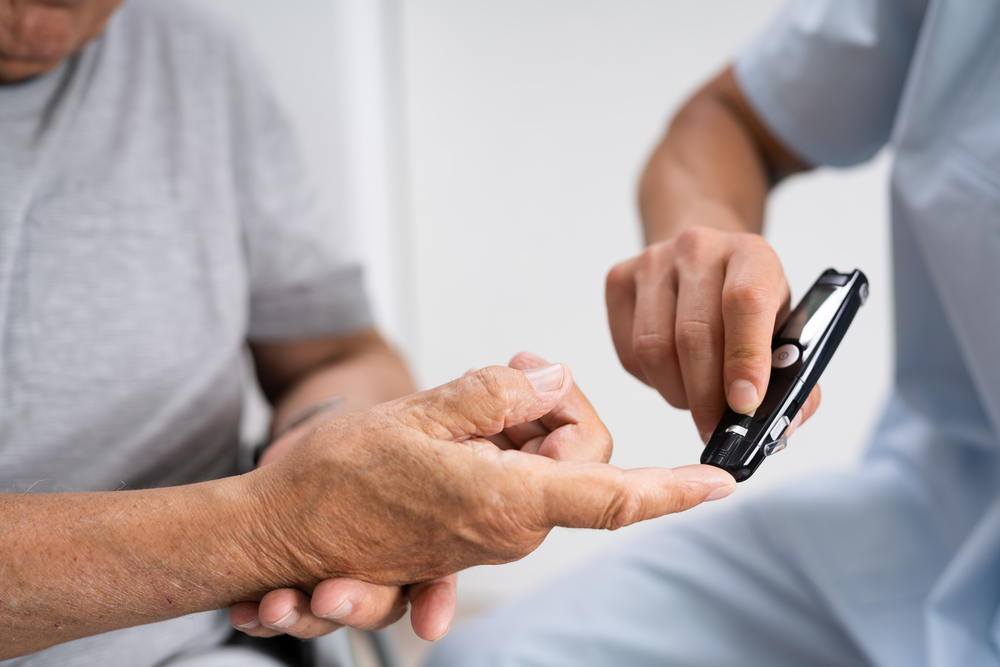The innovative treatment involved a cell transplant aimed at regenerating the pancreas’ insulin-producing cells.
Others are reading now
Researchers in China have successfully cured a young woman suffering from Type 1 diabetes.
No Signs of Diabetes
The 25-year-old patient, who had been battling the autoimmune disease for over a decade, showed no signs of diabetes just two and a half months after undergoing a short, minimally invasive procedure. Her blood sugar levels are now self-regulating without the need for insulin injections, according to Ziare.
The innovative treatment involved a cell transplant aimed at regenerating the pancreas’ insulin-producing cells.
This procedure was developed in collaboration with Beijing University and lasted only 30 minutes. According to Chinese media, the transplant boosted the patient’s insulin production by a remarkable 700%, allowing her body to naturally control blood glucose levels.
Also read
Revolutionize the Treatment of Type 1 Diabetes
The success of this treatment could potentially revolutionize how Type 1 diabetes is viewed and treated globally.
Type 1 diabetes, which destroys insulin-producing cells in the pancreas, has long been considered incurable, requiring patients to rely on lifelong insulin injections. This new approach could offer hope for millions of people by providing a permanent solution through cell regeneration.
This achievement follows another major milestone for Chinese researchers earlier this year. In a separate study, they announced that a man with Type 2 diabetes had been free from insulin injections for 33 consecutive months, further demonstrating the potential for innovative diabetes treatments.
The breakthrough is particularly significant given the global burden of diabetes, with over 37 million people in the United States are living with diabetes, and Type 1 diabetes accounts for approximately 1.6 million of those cases. This breakthrough offers new hope for patients who have relied on insulin injections to manage the disease.


